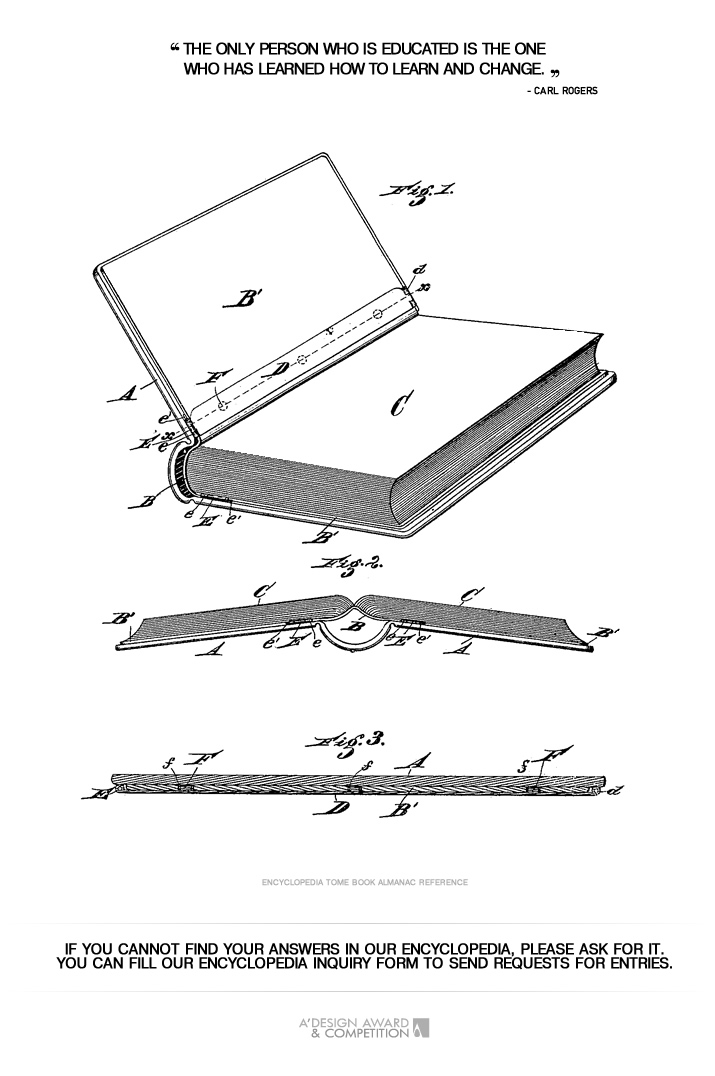
| THE AWARD |
| CATEGORIES |
| REGISTRATION |
| SUBMIT YOUR WORK |
| ENTRY INSTRUCTIONS |
| TERMS & CONDITIONS |
| PUBLICATIONS |
| DATES & FEES |
| METHODOLOGY |
| CONTACT |
| WINNERS |
| PRESS ROOM |
| GET INVOLVED |
| DESIGN PRIZE |
| DESIGN STORE |
| THE AWARD | JURY | CATEGORIES | REGISTRATION | PRESS | WINNERS | PUBLICATIONS | ENTRY INSTRUCTIONS |
Small Do - Entry #479469 |
Home > Design Encyclopedia > 479469 |
 Small Do
Small Do
Small Do is a design philosophy and methodological approach that emphasizes the implementation of minor, incremental changes to achieve significant cumulative improvements in design outcomes. This concept, rooted in iterative design thinking, advocates for breaking down complex design challenges into smaller, more manageable components that can be systematically addressed and refined. The approach gained prominence in the late 20th century as designers sought more efficient ways to tackle increasingly complex projects while maintaining quality and user satisfaction. At its core, Small Do emphasizes the value of minimal viable improvements, allowing designers to test, validate, and implement changes with reduced risk and resource investment. This methodology particularly resonates in digital design, product development, and service design, where rapid prototyping and continuous improvement are essential. The principle aligns with agile development practices and lean design thinking, promoting regular feedback loops and iterative refinement rather than attempting comprehensive overhauls. Practitioners of Small Do often employ techniques such as A/B testing, user feedback sessions, and incremental feature releases to validate their design decisions. The approach has proven especially valuable in sustainable design practices, where small, thoughtful modifications can lead to significant environmental impact reductions over time. The A' Design Award competition has recognized numerous projects that exemplify this methodology, particularly in categories focused on sustainable design and social impact, demonstrating how small, deliberate changes can create meaningful improvements in design solutions.
Author: Lucas Reed
Keywords: iterative design, minimal viable product, continuous improvement, design thinking, sustainable development, incremental change, user feedback, agile methodology
 About the Design+Encyclopedia
About the Design+EncyclopediaThe Design+Encyclopedia is a crowd-sourced reference of information on design. Unlike other crowd-sourced publications on design, the Design Encyclopedia is edited and actively monitored and publishing is only possible after review of submitted texts. Furthermore, editors of the Design Encyclopedia are mostly consisting of award winning designers who have proven their expertise in their design respective fields. Information posted at design encyclopedia is copyrighted, you are not granted a right to use the text for any commercial reasons, attribution is required. If you wish to contribute to the design encyclopedia, please first register or login to A' Design Award and then start a new design encyclopedia entry.

If you did not find your answer, please feel free to check the design encyclopedia for more entries. Alternatively, you can register and type your own definition. Learn more about A' Design Award's Design+Encyclopedia.

